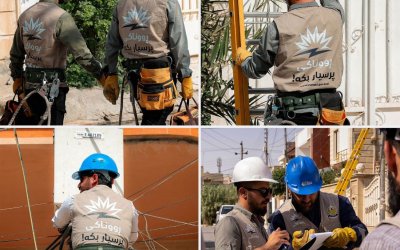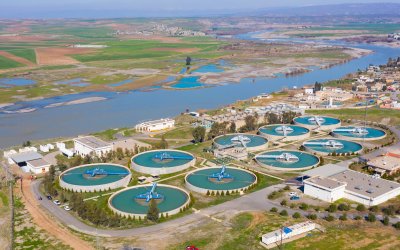It has now been over a year since the liberation of Mosul by Iraqi government forces in July 2017. The aftermath of this successful military campaign clearly represents a window of opportunity where a sudden reduction in politically motivated violence offers the Government of Iraq and its allies the opportunity to deal with long-term underlying drivers of instability that have repeatedly given rise to organised violence since 2003. However, as the examples of 2003 and 2007, along with the rapid reconstitution of ISIS after 2017 indicate, if these underlying drivers are not properly identified and mediated through accurately targeted policy interventions, then a return to the levels of organised violence that have dominated Iraq for the majority of the last fifteen years is likely. This paper is an attempt to identify those underlying drivers of conflict using the Conflict Research Programme’s four key analytical concepts – moral populism, the political marketplace, public authority and ‘civicness’.
Click here or the photo below for the full report.





